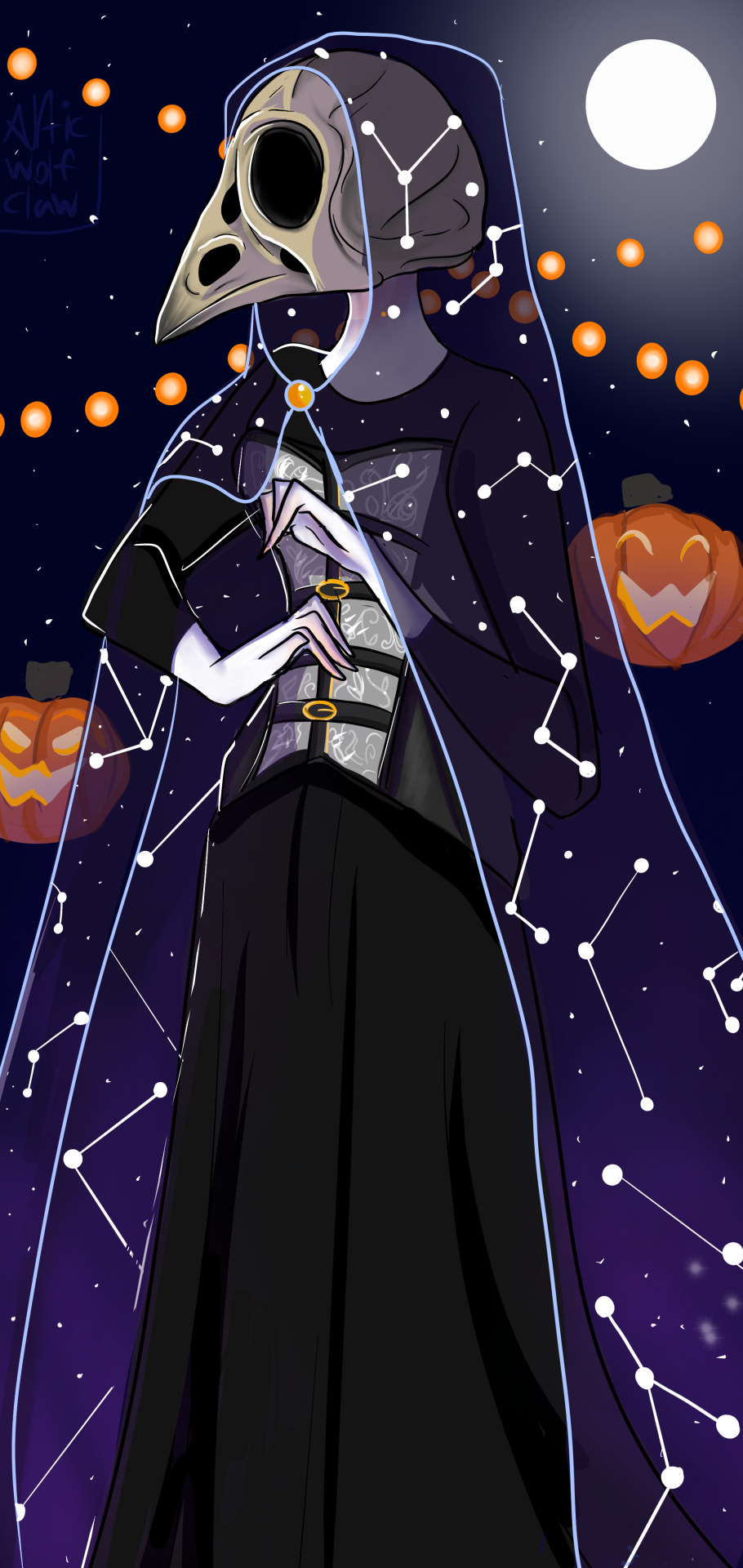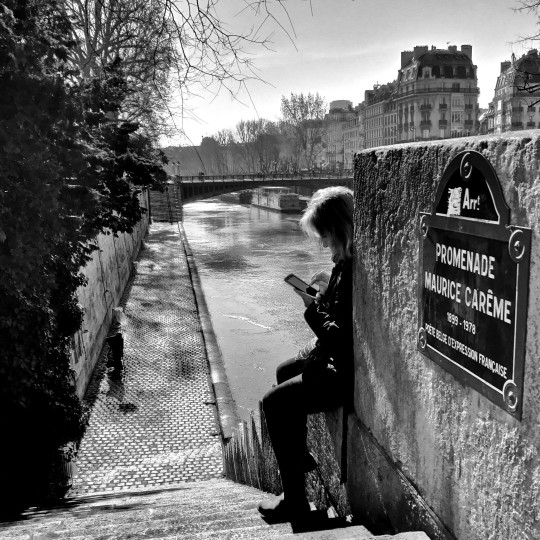#Consolations
Text

I want to do the right thing, but often I don't know just what the right thing is. Every day I know I have come short of what I would like to have done. Yet as the years pass and I see the very world itself, with its oceans and mountains and plains, as something unfinished, a peculiar little satisfaction hunts out the corners of my heart. Sunsets and evening shadows find me regretful at tasks undone, but sleep and the dawn and the air of the morning touch me with freshening hopes.
Strange things blow in through my window on the wings of the night wind and I don't worry about my destiny.
—Carl Sandburg, Consolations (1907)
[Robert Scott Horton]
25 notes
·
View notes
Text
A new way of sucking carbon dioxide from the air and storing it in the sea has been outlined by scientists.
The authors say that this novel approach captures CO2 from the atmosphere up to three times more efficiently than current methods.
The warming gas can be transformed into bicarbonate of soda and stored safely and cheaply in seawater.
#!#i've been feeling SUCH despair lately abt what we've done to our planet#and the fact that scientists are out there chipping away diligently and ingeniously at the problem and getting seemingly-promising results#is just. SO comforting to me???#like between this and the‚ like‚ glomming up microplastics with okra goo like silly putty#it's like. oh maybe things aren't totally irretrievable after all??#anyway. not equipped to evaluate this myself (although the article quotes an uninvolved scientist saying it‚ quote‚#''stands a good chance of transforming the CO2 capture efforts'')#and it's not like it's getting implemented in a broad way yet but.#consolations#global warming#environmental#science
16 notes
·
View notes
Text

Halloween is right around the corner so I thought I’d make a drawing of the costume I’ll be wearing!
Fun fact: none of it was bought for Halloween
14 notes
·
View notes
Text
We might as well begin forgiving right at the beginning of any drama rather than put ourselves through the full cycle of festering, incapacitation, reluctant healing and eventual blessing.
Consolations by David Whyte
5 notes
·
View notes
Quote
There are consolations that the strongest human love is powerless to give.
The Overstory by Richard Powers
5 notes
·
View notes
Note
Good evening! Or good whatever time you read this :D
I asked my piano teacher if I could learn a composition of yours and he said no due to its difficulty. I’ve been playing piano for a little under 11 years but perhaps my musicianship isn’t as mature due to my age haha. I was wondering if you had any pieces on the more easier side? I can’t quite reach a 10th but I can always try!
Hope you have a lovely day :>
Good morning my dear pupil.
What was the piece that you proposed to your teacher? So that I have an idea of your level of virtuosity at this very moment.
I suppose you can tackle my Six Consolations, inspired by Lamartine, or the two much later and (a)tonally experimental En rève and Nuages gris. These require next to no technique, at least at a superficial glance, but consist of studies on colour and humour.
As to the timezone, I follow German/Roman time.
#diagnosed-anxiey-disorder#franz antwortet#franz liszt#classical music#piano#consolations#nuages gris#en reve#romanticism#atonality
4 notes
·
View notes
Text
David Whyte, every real conversation
I started reading David Whyte’s Consolations in June last year, when I badly needed what the book’s subtitle offered: The Solace, Nourishment and Underlying Meaning of Everyday Words. I was in despair, to put it mildly, and so I read his essay on despair:
Despair is a difficult, beautiful necessary, a binding understanding between human beings caught in a fierce and difficult world where half of our experience is mediated by loss, but it is a season, a waveform passing through the body, not a prison surrounding us.
Six months later, as another year begins, I am now rereading his book. That season of despair has passed. His essays, like his poems, continue to give me space and light to find a way out of my prison.
In Consolations, Whyte lets me find my way out by finding my way back in. He leads me back into the conversation about what it truly means to be human. He gives me back the gifts borne by such words as joy, maturity, robustness, and solace. But he also encourages me to face life’s difficult, beautiful necessaries. He describes difficult feelings or states of being (alone, besieged, disappointment, heartbreak, longing, vulnerability) as unpreventable, inescapable, natural, beyond our control.
Vulnerability, he says, “is not a choice. Vulnerability is the underlying, ever-present and abiding undercurrent of our natural state.” How we choose to live with vulnerability is how we carry the conversation, how we carry ourselves. On courage, he writes: “every real conversation of life involves having our hearts broken.” And “there is no sincere path we can follow where we will not be fully and immeasurably let down and brought to earth ....”
By conversation, by sincere path, he means engagement, presence, both tension and mediation, an in-betweenness. It is a willingness to stay where things aren’t fixed, where outcomes aren’t guaranteed. To him, every real conversation is a decision to reach out and reach in, to find connections or lose them. In words and the gaps between them, or the gaps created by them, a real conversation can carry broken threads. And broken hearts.
To converse is to bear witness to the brokenness and to hold space for the possibility of healing. And for the possibility of staying broken and sticking around in spite of—or maybe because of—questions unanswered, loves unrequited.
To converse. The verb traces its origins to Latin, Old French, and late Middle English: to “keep company (with),” to “live among,” to “be familiar with.” Whyte keeps repeating and reinvigorating the word “conversation” in poems, essays, interviews, and podcasts. He is reclaiming this and other words from their banal ties and barren associations. In a world where words are often misused, overused, or devalued, every real conversation is becoming more and more rare and necessary.
Books like Consolations and poems such as Whyte’s are real conversations worth having. They resonate beyond the chatter of social media. They are not prisons of divisive ideology or rigid belief. I reread his poem “The House of Belonging,” and, to borrow his words, “the veil had gone from my darkened heart.” To converse with Whyte, to listen to him, is to find “myself sitting up in the quiet path of light.”
4 notes
·
View notes
Text
This Wikipedia article has a more comprehensive list
#reposting because the original had a typo that couldve affected results#but it was only up for 20 minutes#it listed ps4 in 9th gen instead of ps5#video games#gaming#video game polls#polls#tumblr polls#console gaming#gaming consoles#retro gaming
12K notes
·
View notes
Text

i hope everyone in nintendo’s management department dies and goes to hell no matter what and i’m not kidding
#WERE LOSING YUZU AND CITRA. I DONT KNOW IF YOU ALL UNDERSTAND HOW INSANE THIS IS#game emulation enables piracy yes but it’s also an INCREDIBLY powerful archival tool.#there are plenty of games out there that only exist in their original formats due to emulation.#this lawsuit has HORRIBLE implications for video game history. it makes it incredibly easy for companies to scorched earth their products#if they’re not profitable enough. ART IS GOING TO BE LOST BECAUSE OF THIS. GAMES PEOPLE WORKED INCREDIBLY HARD ON#it won’t just happen to bad games. it won’t just happen to old games. they will use this to keep their remake/virtual console model going#forever and you will never be able to play your favorite games in their true original forms ever again.#i am fucking INSANELY mad rn. capitalism is the death of art fr#personal
11K notes
·
View notes
Text

TEXTING
Photo © David Whyte
Paris. March 25th
How little we knew, before the advent of mobile phones, how much we were holding invisible conversations with others wherever we took ourselves, no matter the beauty of our present surroundings. I caught this iconic, ubiquitous and contemporary body language along the banks of the Seine on one early morning walk. A beautiful day to walk, to take in the opalescent fresh sky, to have one’s face in the sun, to see the spring buds breaking all along the edge of the water, and I suppose, an equally beautiful background context in which to reach out and text a loved one. DW
* * * *
CLOSE
is what we almost always are: close to happiness, close to another, close to leaving, close to tears, close to losing faith, close to being done, close to saying something, or close to success, and even, with the greatest sense of satisfaction, close to giving the whole thing up.
Our human essence lies not in arrival, but in being almost there, we are creatures who are on the way, our journey a series of impending anticipated arrivals. We live by unconsciously measuring the inverse distances of our proximity: an intimacy calibrated by the vulnerability we feel in giving up our sense of separation.
To go beyond our normal identities and become closer than close is to lose our sense of self in temporary joy, a form of arrival that only opens us to deeper forms of intimacy that blur our fixed, controlling, surface identity.
To consciously become close is a courageous form of unilateral disarmament, a chancing of our arm and our love, a willingness to hazard our affections and an unconscious declaration that we might be equal to the inevitable loss that the vulnerability of being close will bring.
Human beings do not find their essence through fulfilment or eventual arrival but by staying close to the way they like to travel, to the way they hold the conversation between the ground on which they stand and the horizon to which they go. We are in effect, always, close; always close to the ultimate secret: that we are more real in our simple wish to find a way than any destination we could reach: the step between not understanding that and understanding that, is as close as we get to happiness.
…
‘CLOSE’
In DAVID WHYTE : CONSOLATIONS:
The Solace, Nourishment and Underlying Meaning
of Everyday Words:
Revised Edition © 2021 David Whyte and Many Rivers Press
…
2 notes
·
View notes
Text


personally i feel yall been happy a bit too long
#if it’s any consolation this is ‘big brother jason’ and ‘dear jason’ jason#so their fates aren’t necessarily guaranteed to line up#dear jason#big brother series#art#fanart#jason todd#red hood#dick grayson#nightwing#batman#dc#comic#duckytree
3K notes
·
View notes
Text

BEGINNING
"It is always hard to believe that the courageous step is so close to us, that it is closer than we ever could imagine, that in fact, we already know what it is, and that the step is simpler, more radical than we had thought: thought: just sitting down to the desk, just picking up the instrument or the phone: which is why we so often prefer to live in an almost world, why we prefer the story to be more elaborate, our identities to be safely clouded by fear, why we want the horizon to remain always in the distance, the promise never fully and simply made, the essay longer than it needs to be and the answer safely in the realm of impossibility."
…
BEGINNING
From CONSOLATIONS:
The Solace, Nourishment and Underlying Meaning of Everyday Words.
© David Whyte and Many Rivers Press 2015
0 notes
Text
so you're telling me that if Katerina Ivanovna hadn't been nice to Marmeladov, he wouldn't have been pushed to drink?
#man went on for at least ten pages about needing a firm hand#sorry#i meant#consolations#kish reads crime and punishment
1 note
·
View note
Text




#mine#doctor who#dwedit#david tennant#catherine tate#bernard cribbins#dw spoilers#:'))))#i do love how HUGE the tardis console room is now
5K notes
·
View notes
Note
fav piece of your?
My dear flageblcili, I cannot tell with certainty what you are asking here - if for my favourite piece of music in general, or my favourite between those that I have written.
In this case I would paraphrase many a-wise men saying, my favourite composition is the one which I have yet to write. Do not believe the Afterlife to be devoid of creation - looking at you, Rosemary Brown...
In a more honest sense, I would not know how to rank them. I do not write for taste, but to satisfy an unbelievably urgent need for expression.
I could tell you of a piece, instead, that I myself wrote many years ago and that I cannot listen to at all, for it causes me great anguish. Ironic, no? The piece is Vallée d'Obermann.
P.S. I do not like my own Consolations. At all.
#flageblcili#franz antwortet#franz liszt#weimar school#vallee d'obermann#consolations#classical music
1 note
·
View note
Text
David Whyte: “Unrequited”
[This is the full text of David Whyte’s essay from Consolations: The Solace, Nourishment and Underlying Meaning of Everyday Words (Canongate Books, 2014).]
UNREQUITED
love is the love human beings experience most of the time. The very need to be fully requited may be to turn from the possibilities of love itself. Men and women have always had difficulty with the way a love returned hardly ever resembles a love given, but unrequited love may be the form that love mostly takes; for what affection is ever returned over time in the same measure or quality with which it is given? Every man or woman loves differently and uniquely, and each of us holds different dreams and hopes and falls in love or is the object of love at a very specific threshold in a very particular life where very, very particular qualities are needed for the next few years of our existence. What other human being could ever love us as we need to be loved? And whom could we know so well and so intimately through all the twists and turns of a given life that we could show them exactly the continuous and appropriate form of affection they need?
Requited love may happen, but it is a beautiful temporary, a seasonal blessing, the aligning of stars not too often in the same quarter of the heavens, an astonishing blessing. But it is a harvest coming only once every long cycle, and a burden to the mind and the imagination when we set that dynamic as the state to which we must always return in order to feel ourselves in a true, consistent, loving relationship.
Whether our affections are caught in romantic love, trying to see our neighbours as ourselves, or trying to love a great but distant God, our love rarely seems to be returned in the mode that it is given. That gift is returned in ways that, to begin with, we rarely recognise. Human beings live in disappointment and a self-appointed imprisonment when they refuse to love unless they are loved the selfsame way in return. It is the burden of marriage, the difficult invitation at the heart of parenting and the central difficulty in our relationship with any imagined, living future. The great discipline seems to be to give up wanting to control the manner in which we are requited, and to forgo the natural disappointment that flows from expecting an exact and measured reciprocation, from a partner, from a child, from our hopes for a loving God.
We seem to have been born into a world where love, except for brilliant, exceptional moments, seems to exist from one side only, ours, and that may be the difficulty and the revelation and the gift – to see love as the ultimate in giving and letting go – and through the doorway of that affection make the most difficult sacrifice of all, giving away the very thing we want to hold forever.
2 notes
·
View notes